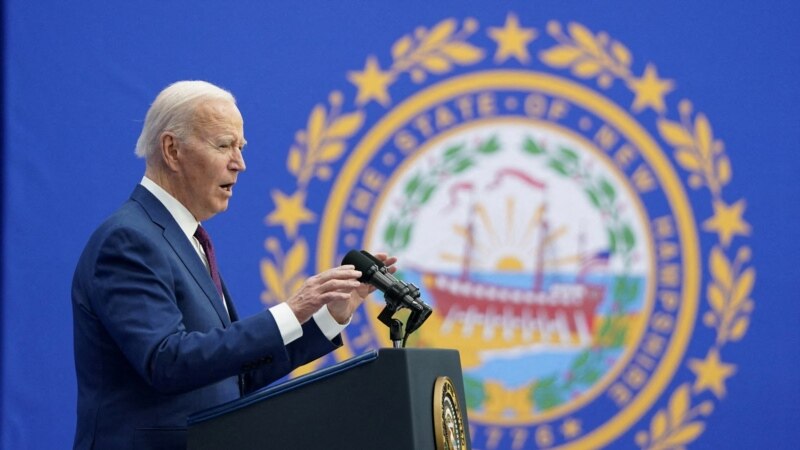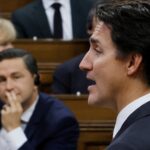U.S. President Joe Biden on Monday laid out government spending priorities for 2025 in a $7.3 trillion plan, but it will be nearly impossible for a politically divided Congress to pass it.
However, it does set the stage for a political debate with former President Donald Trump ahead of the November national election.
In his budget for the fiscal year that begins on Oct. 1, Biden proposes a liberal wish list favored by many Democrats – sharply higher taxes on corporations and the wealthy, and more aid to help low- and moderate-income earners. Paying high housing and child costs. Care costs.
The president’s plan would increase the corporate tax rate from 21% to 28%, impose a tax rate on individuals making more than $400,000 a year, and force those with wealth over $100 million to pay at least a 25% income tax rate.
At the same time, Biden wants to increase the government’s power to negotiate with drug companies to lower drug price costs. In the United States, people who fill prescriptions often pay more for the same drugs than patients in other countries. He also called for reinstating the defunct child tax credit for low- and moderate-income earners.
White House budget officials said the spending proposals would cut the government’s long-term annual deficit spending by $3 trillion over the next decade, slowing but not stopping the growth of a burgeoning national debt that has reached $34.5 trillion.
Biden renewed his call for funding for tighter immigration controls at the U.S.-Mexico border and more aid to Ukraine, Israel and Taiwan. Funding for border restrictions and foreign aid has stalled amid a lengthy debate in Congress over how strict immigration restrictions should be and the extent to which the United States should continue to fund Ukraine’s fight against Russia’s two-year invasion.
Biden’s budget proposal echoes some of the themes he raised in his State of the Union address last week.
“Imagine what this will do for America,” Biden said in his speech. “Imagine a future with affordable child care. Millions of families can – they need to go to work to help the economy grow. Imagine a future with paid leave because no one has to work and care for someone who is sick family members to choose between. Imagine a future for home care and elder care and people with disabilities so they can stay in their homes and family caregivers can finally get the pay they deserve.”
In the seemingly endless clashes over spending priorities in Congress, Republicans have tended to favor deep tax cuts and spending cuts, while Democrats such as Biden have generally advocated increased funding for social welfare.
The dispute has been more protracted than usual this year, with more than half of governments yet to set spending levels for the 2024 fiscal year, which starts on October 1. Just last week, Congress approved funding for less than half of government agencies and is working on budgets. Faces a March 22 deadline to determine remaining spending levels.
On Thursday, House Republicans released a plan to balance the federal budget over the next 10 years by cutting $14 trillion in federal spending, including two of Biden’s favorites, green energy subsidies and student loan forgiveness. The White House says the plan won’t work.
Trump, who is all but certain to secure the Republican presidential nomination to face Biden again after losing to him in 2020, offered some of his economic advice in an interview with CNBC on Monday.
He called for extending the 2017 tax cuts, which benefited wealthy working-class people, beyond their original expiration date in 2025.
“I think taxes can be cut. I think other things can happen besides just adjusting taxes. But I believe very much in tariffs,” Trump said. He said new tariffs on imported products would help U.S. companies be “exploited” by China and other countries.
“Beyond the economy, it gives you the power to deal with other countries,” Trump said. Trump said he was not concerned about the potential for retaliatory tariffs from other countries if he wins the White House again.
Democrats generally say higher tariffs advocated by Trump hurt consumers because companies that import foreign goods often add the cost of the tariffs to the cost of consumer goods sold in the United States.
On Bitcoin and other cryptocurrencies, Trump said he “sees a lot of use of Bitcoin and other cryptocurrencies. I’m not sure I want to take that away.”
Follow us on Google news ,Twitter , and Join Whatsapp Group of thelocalreport.in

















